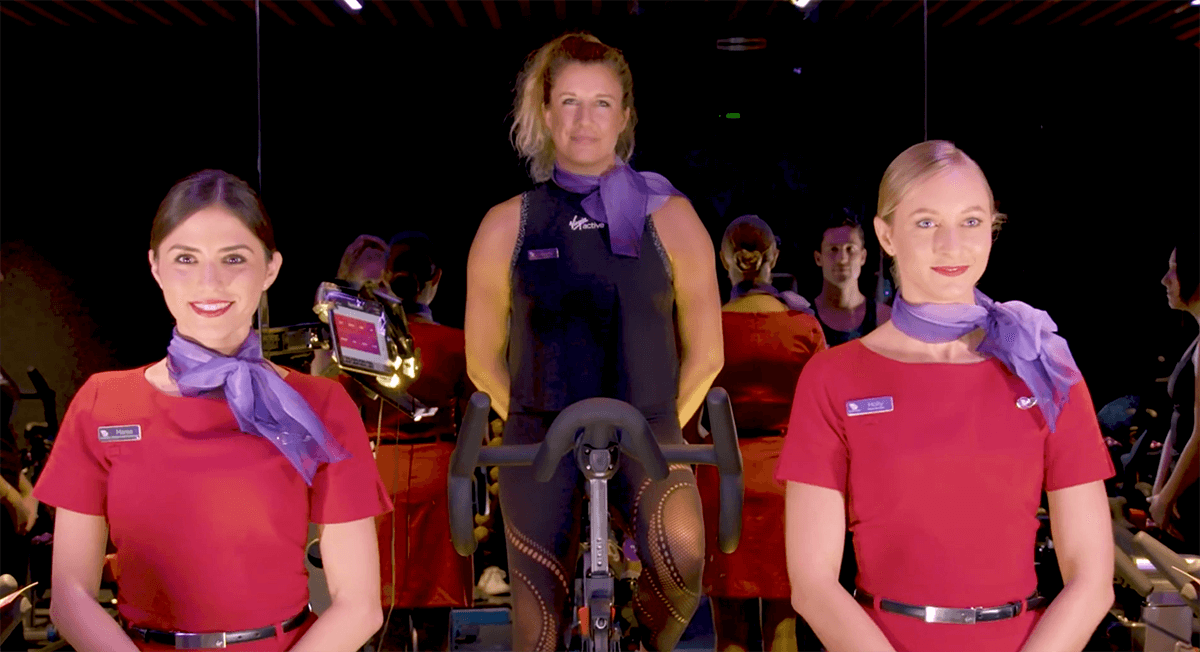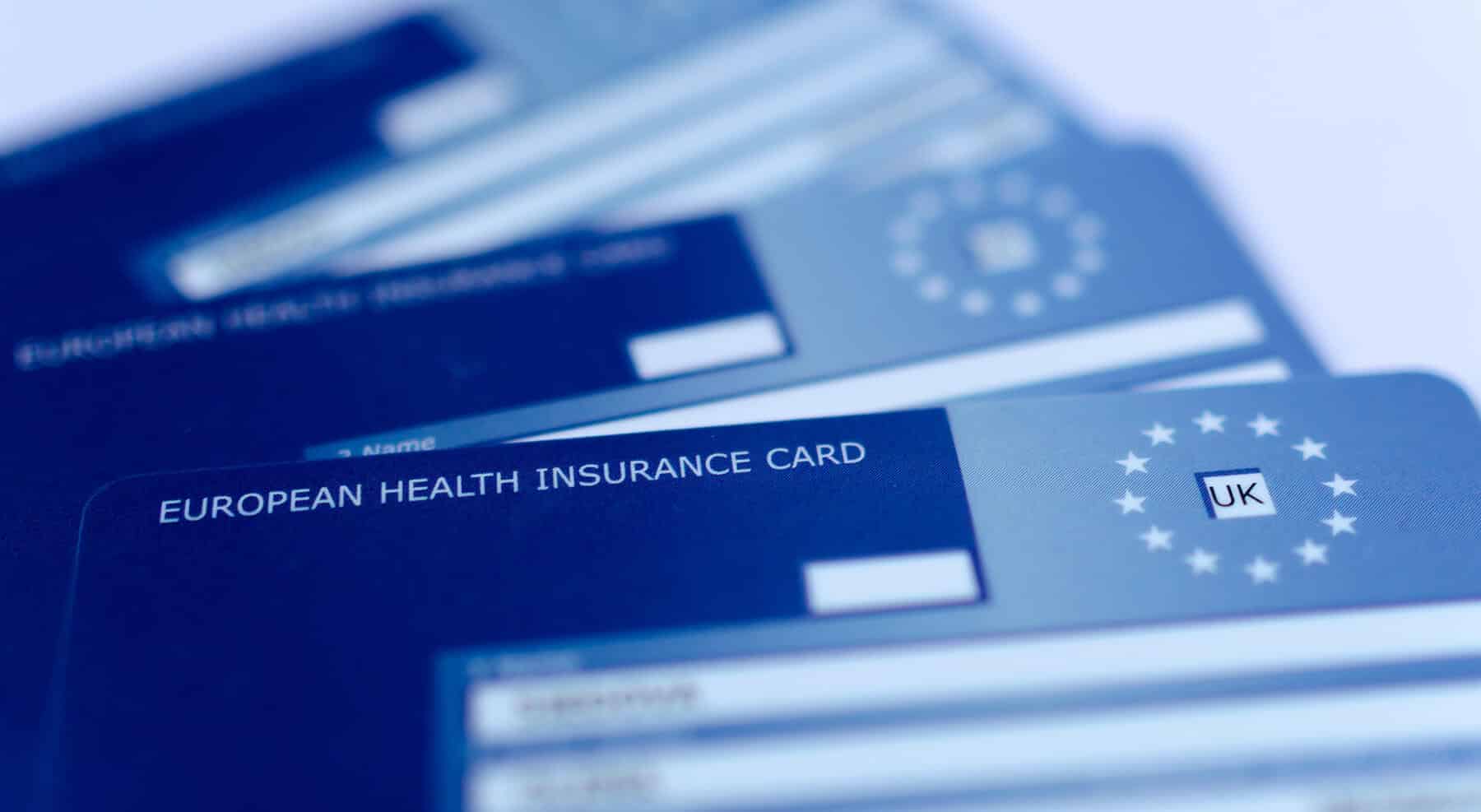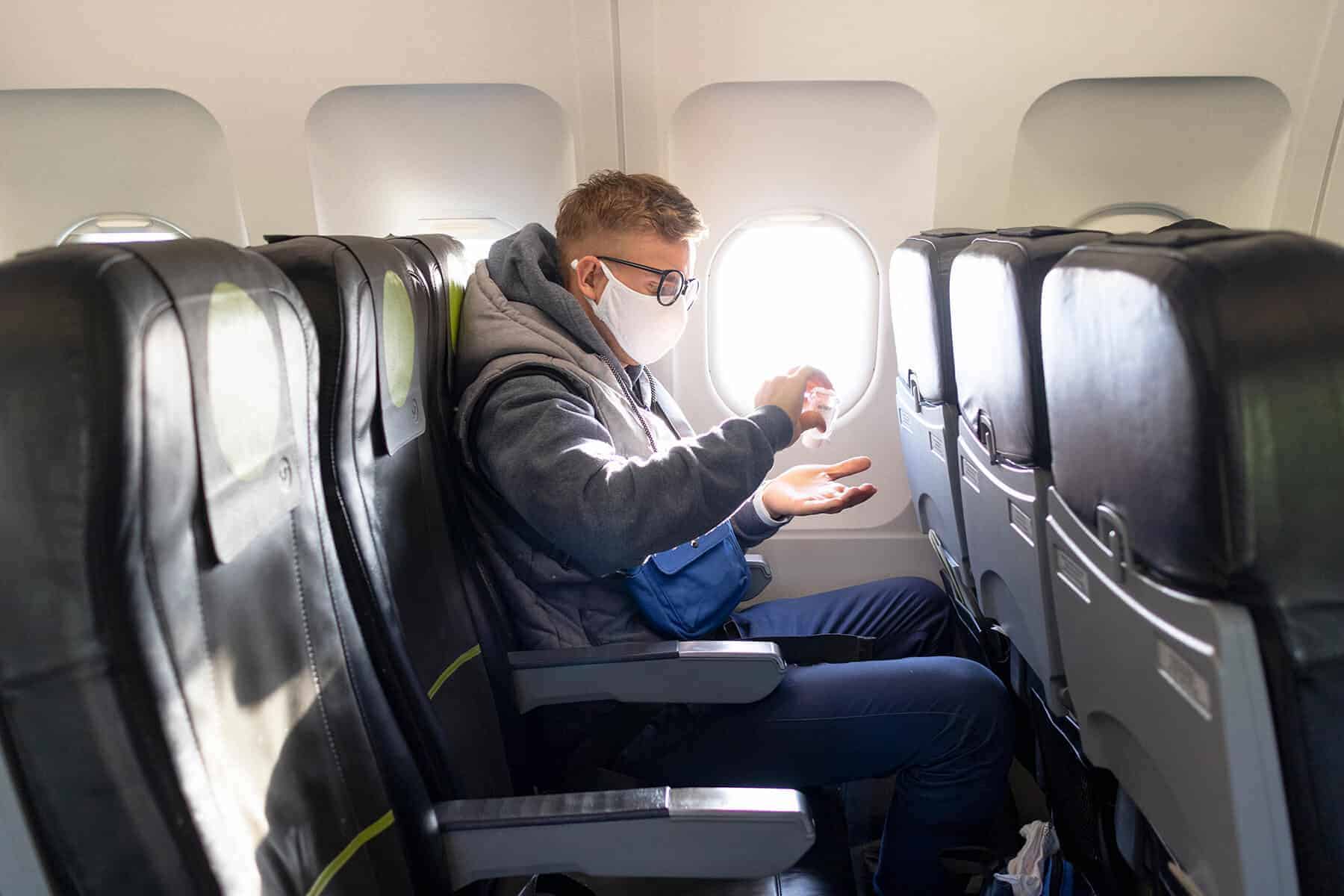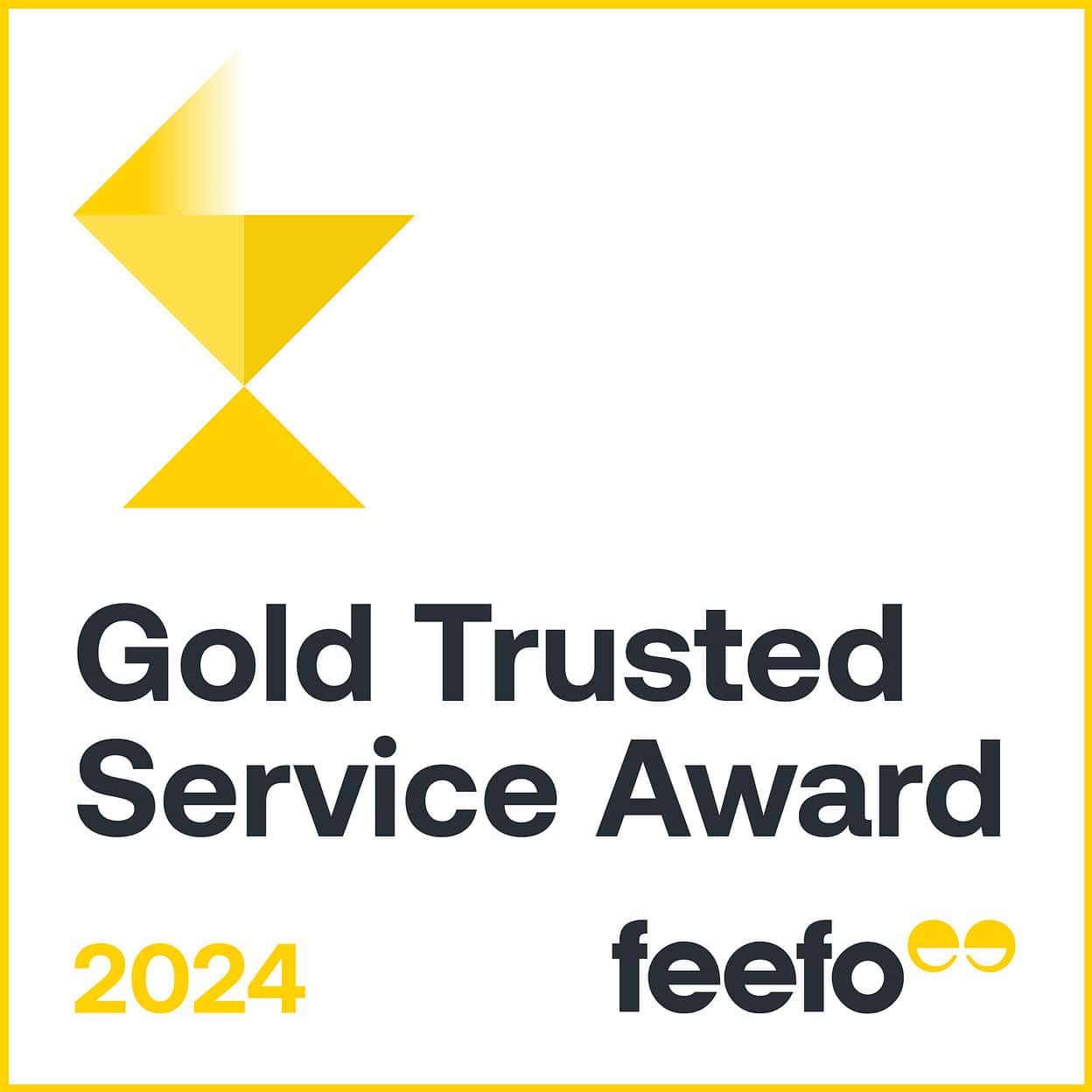The World’s Highest ECG?
We’ve all seen it in films or on television, the medical emergency on an airliner at cruising altitudes, the flight attendant standing at the curtain, a look of panic on her face, crying out ‘Is there a doctor on the plane?!’
But that’s fiction – mostly – and what the good people at Lufthansa have introduced to all of their long haul aircraft is straight out of science fiction. They have become the first airline in the world to equip each long haul aircraft with the mobile ECG system Cardiosecur.
What is an ECG?
ECGs (electrocardiographs) analyse the way a heart is working, and a trained specialist can look at the results and determine what is wrong (or right) with an individual’s heart at that given moment. This knowledge can save lives by determining the type and extent of a medical emergency.
In the past, this had to be done by a specialist, using standard ECG equipment generally only found in hospitals. Now, a trained flight attendant, with no cardiological expertise, can use the Cardiosecur system to send ECG results directly to doctors on the ground.
Why is this important?
Cardiovascular complaints are the most common medical problems aboard aircraft. They can be minor, or very serious, and determining which is the case while in mid-flight has always been a problem. To press on? To divert the plane?
Pressing on might mean undue harm to a passenger. Diverting the flight might mean long delays and inconvenience for all on board. It has often been difficult to tell which is the best course of action, and caution has most often prevailed, even in cases that have turned out to be very minor.
With this new technology, Lufthansa can determine the best course of action with the help of trained experts, even when they don’t happen to have one on board. If a serious incident is occurring, they can get that individual to care by immediately diverting the plane. If the problem is a minor one, treatment or comfort can be given on board and the flight may continue, un-delayed, to its destination.
Cardiosecur
Like most things nowadays, Cardiosecur works via an app. The in-flight tablet used by the crew includes the app that interfaces with the small (50g) device.
If a passenger complains of heart trouble, the attendant can attach four sticker-electrodes to the person’s upper body, and start the Cardiosecur device. Personal information, such as age, gender and blood pressure, are gathered manually by the attendant, and entered into the device as well, which transfers the data collected via the Internet to the hotline on the ground, where a doctor analyses the data and recommends a course of action.
The final decision to divert or continue rests with the cockpit crew, who then have both the medical situation and other factors (such as weather and alternate airport availability) at their disposal.
Meon Valley Medical Repatriations Division
None of us like to think about it, but what if your holiday or business trip were interrupted by a medical emergency? What if you complete the trip to your destination, but find yourself in a foreign place, in need of specialised medical care or a long recovery period, but are unable to get yourself back home to get either one in familiar surroundings?
That’s what Emergency Repatriations are for. Meon Valley Travel is a leader in this field, with a specialist division that covers our clients for Emergency Medical Repatriation.
Not Just Guessing
If you’re in pain or other distress, you don’t want to be put through to someone who is guessing what it is you need, or who hasn’t got the experience to get you home in the most comfortable and safe manner possible.
An expert in Emergency Medical Assistance travel is a must.
What Do They Do?
Emergency Medical Assistance travel experts know what is needed. They know where to find it. They know what to tell you so you are confident of your care.
Repatriations like those provided by Meon Valley Travel and partners include flights, accommodations, airline clearance for stretchers or other necessary equipment, and emergency medivac if needed. They can even arrange to have a travel assistant accompany you on your journey home.
A Medical Travel Companion can be a nurse, a paramedic or even a doctor who accompanies you to and from the airport, and on the flight itself to ensure your safety and maximum comfort for the duration of the trip. They can provide assurance, assistance with luggage and directions (you won’t be at your best, after all), and even administer medications and manage wound care.
It may not be a pleasant experience, but we and our partners do all we can to minimise the discomfort and get you home without unnecessary stress or trauma. And if you don’t need it? You’ll still have the assurance that it’s there for you, for loved ones or colleagues, should the need arise.
How Can I Arrange This?
If you find yourself in need of this service, a single call to your Meon Valley agent will trigger an immediate response, any time of any day, 24/7/365.
We also work with top-quality firms such as Mayday Assistance, First Assistance, and others, providing them with ticketing and other support to complement their own services and responses to client emergencies.
A Service We Hope NOT to Provide
Unlike most of what we offer, we hope we never have to provide Emergency Medical Assistance or Emergency Repatriation services to you – but isn’t it reassuring to know that those services are there, in place, and well in hand if they are needed?





